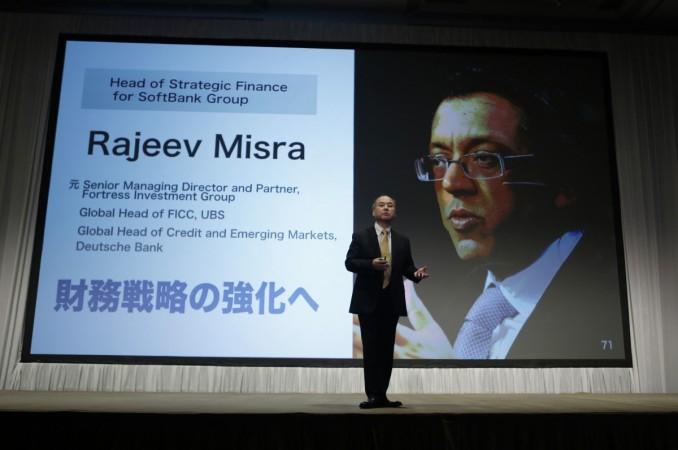
It was a career coup for Rajeev Misra and not a traditional tale of corporate ladder climbing, when the man who held a series of Wall Street jobs, was put in charge of one of the most formidable investing machines. His steep rise, rather a rapid one was succeeded in part by striking at two of his main rivals inside SoftBank with a "dark-arts campaign" of personal sabotage to rise to the position as the CEO of SoftBank's investment arm in 2017.
He reportedly tried to lure Nikesh Arora, then SoftBank president into a 'honey trap' and blackmailing him in a particularly scandalous episode in 2015, but the plan failed. According to reports, Misra's intermediary allegedly tried to lure Arora into returning to a Tokyo hotel room with "one or more women", wherein hidden cameras were installed to trap Arora in sexually compromising positions. But the plan failed when Arora did not go to the hotel room.
Such "dark-arts" campaigning made him rise to the position of CEO of SoftBank Vision Fund while damaging the reputation of many targeted executives.

Also a part of his "dark art campaign", Misra allegedly hired several people who leaked damaging reports of rival executives to the media and even orchestrated shareholder push to fire them.
Under Misra's leadership, the Vision Fund has poured billions into startups such as Uber and WeWork, Oyo and Zume. SoftBank has said it'll be reviewing the fresh allegations made. Investigations on the campaign of falsehoods against SoftBank Group are on, and on certain former employees in an attempt to identify those behind it.
SoftBank and Misra denied the accuracy of the report, saying that Misra did not orchestrate any campaign against former colleagues. However, SoftBank will be reviewing the inferences made by the Wall Street Journal report.
International Business Times has reached out to SoftBank for a statement. The story will be duly updated once we receive a response.

















